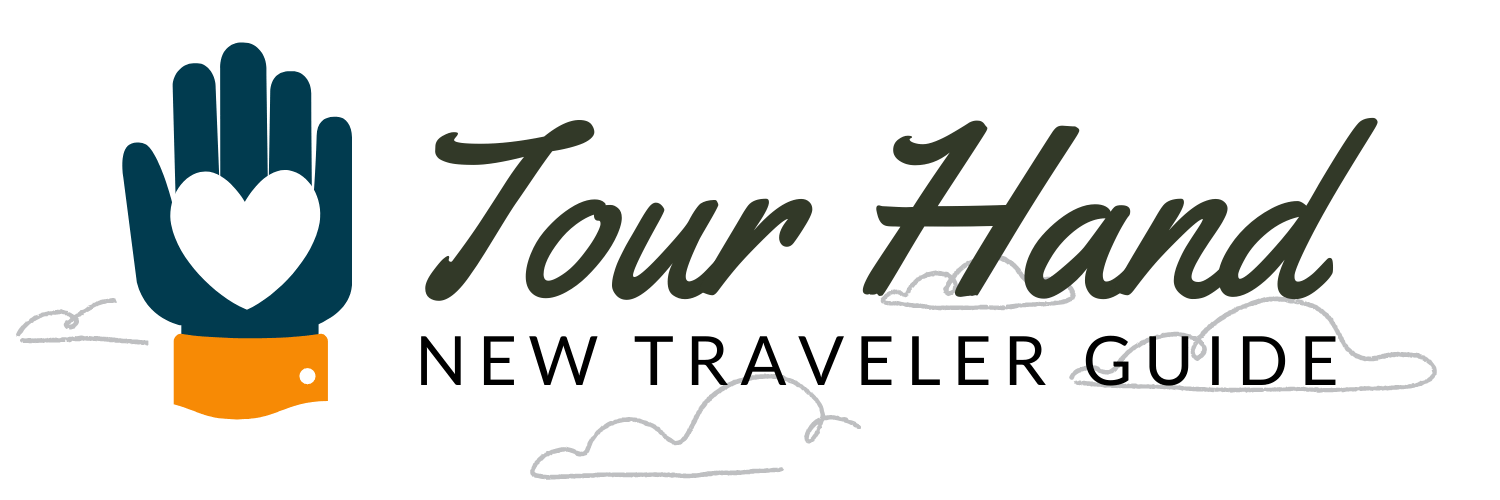Research average costs
When planning a tour, it is essential to have a clear understanding of the average costs involved. By conducting thorough research, you can ensure that you are well-prepared financially and avoid any unexpected expenses along the way. Here are some steps to help you in your research:
1. Identify Your Destination
The first step is to determine the location you wish to visit. Whether it’s a popular tourist spot or an off-the-beaten-path destination, understanding the average costs specific to that location is crucial. Keep in mind that prices can vary significantly from one place to another.
2. Determine the Duration of Your Tour
Decide how long you plan to stay on your tour. The duration of your trip will impact your overall expenses, including accommodation, transportation, meals, and activities. Longer tours may require a bigger budget, so it’s important to factor in the additional costs.
3. Research Accommodation Options
Look into different types of accommodations available at your destination. From luxury hotels to budget-friendly hostels, understanding the price range for various options will help you estimate your expenses accurately. Consider factors such as location, amenities, and reviews to make an informed decision.
4. Transportation Costs
Research the transportation options available at your destination. Whether it’s flights, trains, buses, or rental cars, each mode of transportation comes with its own costs. Look for the average prices of tickets or rentals, and consider any additional fees or charges that may apply.
5. Food and Dining
Food expenses can vary greatly depending on the destination and your dining preferences. Research the average costs of meals at local restaurants, street food vendors, or grocery stores. This will help you plan your budget accordingly and decide whether you want to indulge in fine dining experiences or opt for more budget-friendly options.
6. Activities and Attractions
Make a list of the activities and attractions you wish to experience during your tour. Research the entrance fees, guided tours, or any additional costs associated with each attraction. This will give you an idea of how much you need to allocate for sightseeing and entertainment.
7. Miscellaneous Expenses
Don’t forget to account for miscellaneous expenses such as travel insurance, visa fees (if applicable), souvenirs, and any unforeseen costs that may arise during your tour. Having a buffer for unexpected expenses will ensure you are well-prepared.
By following these steps and conducting thorough research, you can estimate the average costs for your tour more accurately. This will help you create a realistic budget and ensure a smooth and enjoyable travel experience.
